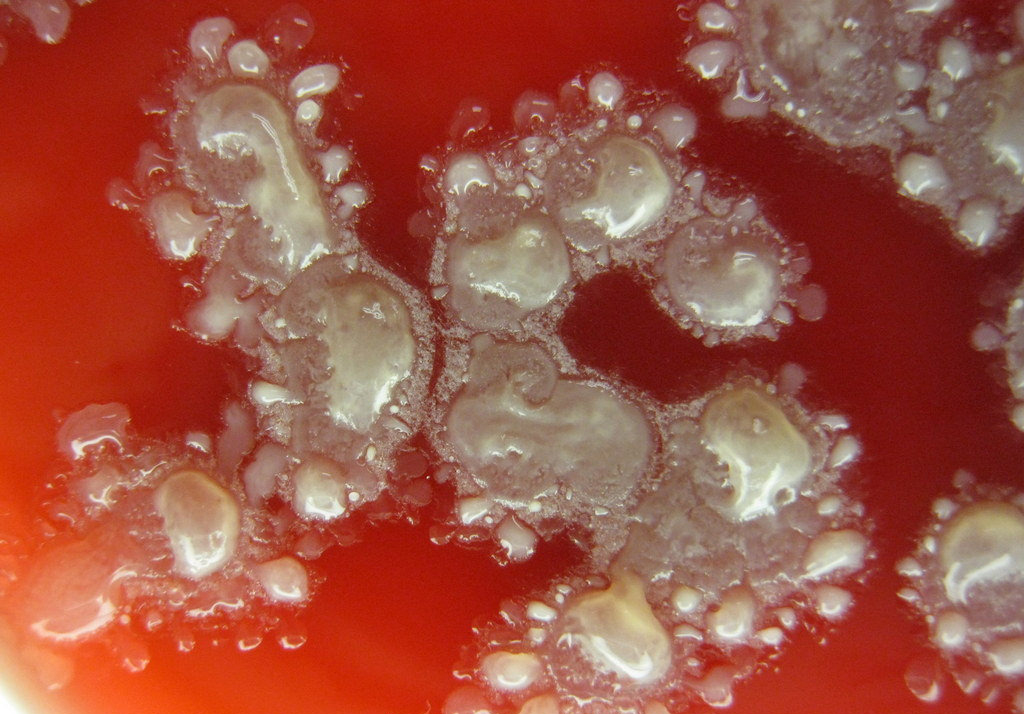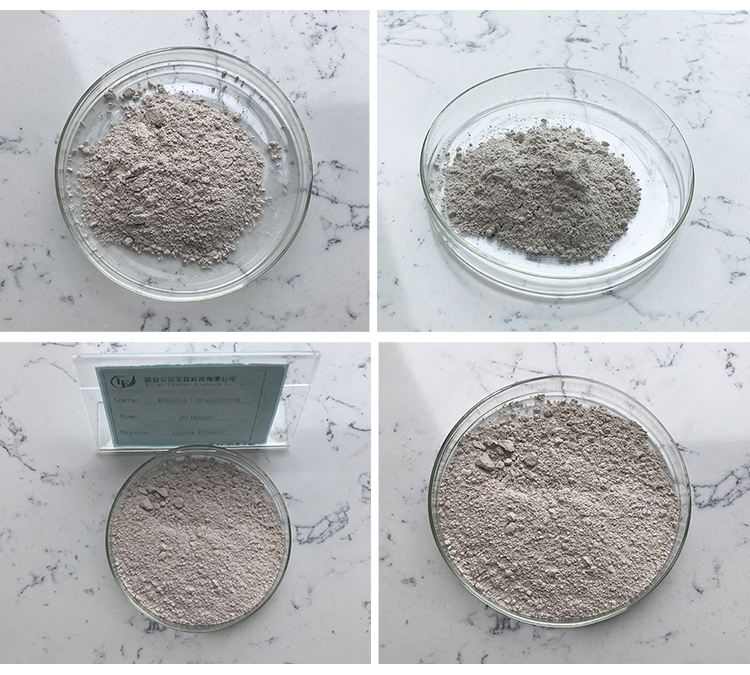Bacillus licheniformis is a probiotic bacterium commonly used in agriculture, food processing, and as a dietary supplement. While it is generally regarded as safe (GRAS) and does not have many known drug interactions, there are some considerations to keep in mind:
Potential Drug Interactions:
1.Antibiotics
- Bacillus licheniformis, being a bacterium, may be affected by broad-spectrum antibiotics (e.g., tetracyclines, fluoroquinolones, penicillins). Antibiotic use could reduce its effectiveness by killing or inhibiting its growth.
2.Immunosuppressants
- People taking immunosuppressive drugs (e.g., corticosteroids, biologics, or chemotherapy) may be at higher risk for infections, even from generally safe probiotics. Use with caution in immunocompromised individuals.
3.Antifungal Medications
- While Bacillus licheniformis is a bacterium, it may interact with antifungals if part of a probiotic formulation containing yeast-based strains (e.g., Saccharomyces boulardii).
4.Proton Pump Inhibitors (PPIs) & Antacids
- Some evidence suggests that changes in stomach acidity (from drugs like omeprazole or ranitidine) can alter the survival and colonization of probiotic bacteria, potentially affecting their benefits.

Safety Considerations:
- Generally well-tolerated in healthy individuals.
- Avoid use in severely immunocompromised patients, those with central venous catheters, or those with underlying gut disorders like short bowel syndrome without medical supervision.
- May cause mild gastrointestinal symptoms (bloating, gas) in some individuals.
Would you like information on a specific drug interaction?
Role of Bacillus Licheniformis
Bacillus licheniformis is a gram-positive, spore-forming bacterium with several important roles in various industries and environments. Here are some key roles it plays:
1. Industrial Applications
- Enzyme Production: It produces enzymes like proteases (e.g., subtilisin), amylases, and xylanases, which are widely used in detergents, food processing, and paper industries.
- Bioplastic Production: It can produce polyhydroxyalkanoates (PHAs), which are biodegradable plastics.
- Antibiotic Production: It synthesizes bacitracin, an antibiotic used in medicine and animal feed.
2. Agriculture
- Plant Growth Promotion: Some strains enhance plant growth by producing growth-promoting substances.
- Biocontrol Agent: It acts against plant pathogens by producing antimicrobial compounds.
- Nitrogen Cycling: It contributes to nitrogen fixation and organic matter decomposition in soil.
3. Food Industry
- Probiotic Potential: Some strains are used in animal feed to improve gut health.
- Fermentation: Used in enzyme production for food processing, such as bread and dairy industries.

4. Bioremediation
- Waste Degradation: It helps in breaking down organic waste and pollutants.
- Heavy Metal Detoxification: Some strains have the ability to absorb heavy metals from contaminated environments.
5. Medical and Pharmaceutical Uses
- Probiotic and Immunomodulatory Effects: Some strains have potential health benefits in humans.
- Enzyme Therapeutics: Used in the production of enzymes like nattokinase, which may have cardiovascular benefits.
Due to its robust nature, Bacillus licheniformis is widely used in biotechnology and industrial microbiology for sustainable applications. Let me know if you need more details on any specific aspect!
